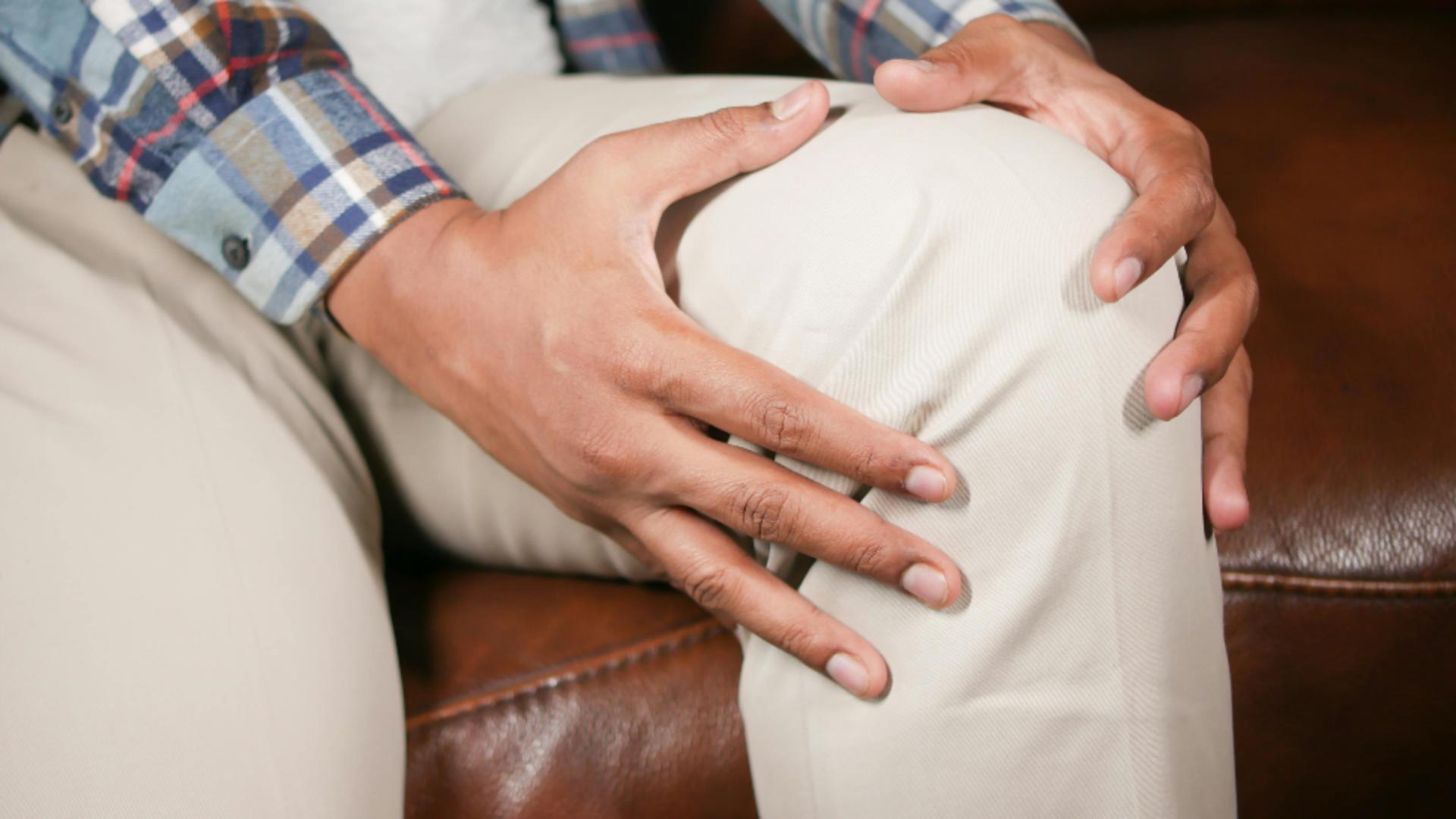Moby has spoken to NME about his new album ‘Always Centered At Night’, working with the late poet Benjamin Zephaniah, and celebrating the 25th anniversary of his record-breaking album ‘Play’.
READ MORE: Does Rock ‘N’ Roll Kill Braincells?! – Moby
‘Always Centered At Night’ is a crepuscular collaborative project featuring vocals from talent he found through scouring Soundcloud – including LA jazz-singer Lady Blackbird, New York’s Serpentwithfeet, Sudanese Netherlands-based artist Gaidaa and Burundian royal refugee turned soulster J.P. Bimeni.
But as well as forging forward with his 22nd studio album, Moby is also looking in the rear-view mirror with his first live dates in a decade to commemorate 1999’s ‘Play’, which remains the biggest-selling electronic album of all time.
NME caught up with the pioneer to talk about new music, his own legacy, and settling with with Eminem and Smashing Pumpkins.
NME: Hello Moby! How did you choose who to collaborate with on ‘Always Centered At Night’?
“When I was nine, I dreamed of being David Bowie. But when I was 13 and started playing in bands, I realised I had a C+ voice at best. When I started working on electronic music, I knew I had to identify great vocalists – and over the 30-somewhat years I’ve been doing this, I’ve worked with everyone from Kris Kristofferson to Britney Spears and Chuck D.
“During the pandemic, I found everyone for this record almost exclusively through recommendations from friends and trolling through Soundcloud to find amazing voices.”
How did you come to work with the late poet Benjamin Zephaniah on the drum ‘n’ bass track ‘Where Is Your Pride’?
“99.999 per cent of the time I’ve been drawn to working with artists – whether it’s A$AP Rocky, Mark Lanegan, or Chris Cornell – by their voice. Benjamin is the only time I’ve wanted to work with someone based on their activism. He had a ninja-warrior approach to vegan activism where he was completely unapologetic, but not aggressive or offensive.
“I reached out to him years ago and we started working on music during the pandemic. Tragically when we were getting ready to schedule the video, he said he was in the hospital and ill. Naively, I thought he’d get better, but unfortunately he passed away.”
You’re touring for the first time in a decade to celebrate the 25th anniversary of ‘Play’ , with 100 per cent of the profits donated to European animal rights organisations…
“For years, my manager has been trying to get me to tour, throwing out ideas of having a payday or the glamour of being onstage, and I’d say I’m happy just playing acoustic Neil Young songs for fundraisers in my backyard. He realised the only thing I couldn’t say to no to was giving all the money away to animal rights organisations. The irony is the only way to get me on tour is to make sure I don’t make a penny from it!”
How do you look back on the mammoth success of ‘Play’?
“I still don’t 100 per cent believe it happened. Growing up, the music I listened to was not popular. In Connecticut in 1982, there weren’t many people listening to Joy Division and Minor Threat. So I assumed I would make music that no one would ever listen to. Then in the ‘90s, I found myself having more of an audience which was surprising to me because the first record I ever released was called ‘Mobility’ [in 1990] which sold just shy of 1,000 copies – but I thought that was a huge success because in high school, my punk rock band Vatican Commandos had released a 7-inch single that sold 300 copies.”
“By the late ‘90s, I was a maligned has-been and had been dropped by my US label. So when ‘Play’ was released and sold a few thousand copies, I thought: ‘OK, that’s it. I’m done. Now it’s time to figure out what I want to do with the rest of my life’ which I assumed was go back and get a Master’s and PhD in philosophy and become a school teacher, and make music in my bedroom which no one would ever listen to.”
“So the success of ‘Play’ was unexpected. I’d made it in my bedroom with cheap equipment at a time when most successful records were made in huge studios with million dollar budgets. There was nothing that augured the success it had.”
How do you look back on its legacy?
“With a degree of wincing shame, I found myself obsessing over and loving the fame aspect of it. Growing up going to Fugazi, I thought you were selling out if you charge more than $5 for a show and suddenly, I’m standing onstage in front of 10,000 people and going to fancy parties and doing tons of drugs. I’m glad it chewed me up and spat me out but didn’t kill me, and that I didn’t end up as one of those musicians who’ve been hugely famous for so long that they don’t have a sense of self outside of fame. I feel like I should Venmo you for the therapy session!”
Who were the best band to party with around that time?
“During that time, I got drunk and did drugs with everyone! So the best were Pantera and [U2 frontman] Bono. I had a couple of great nights out in Texas with Pantera. I tried to play a cover of a Pantera song with them in the audience – I butchered it! Bono was a wonderful guy to drink with. He’s generous, kind, and fun. In 2002, I was trying to buy a fancy apartment and Bono wrote my co-op board application letter. Not kidding!”
Looking back, in age where syncs are an essential part of an artist’s income stream, it seems bizarre how controversial ‘Play’ was for being the first album to licence every one of its tracks for use on adverts, and a reputation for selling-out dogged you for years. When you dated a pre-fame Lana Del Rey, she even referred to you as “The Man” (as in “stick it to the man”), suggesting you’re the person they’d “guillotine in the revolution”. Did that feel odd?
“It did. My sense of self had been informed by my childhood. In my mind, I was still a weird, insecure, inadequate nobody even as I was selling lots of records and playing arenas. The liquor and the drugs and the external validation; all it did for me was to get me to a place where I felt more adequate.
“I’ve stayed friends with Lana Del Rey. I haven’t talked to her since before the pandemic, but she’s remarkable – one of the smartest, most self-aware people I’ve ever met. She’s an incredibly special person.”
CREDIT: Lindsay Hicks
You recently opened up about joking to MTV in 1997 that Smashing Pumpkins’ Billy Corgan was a “deadbeat” who “owed” you a remix. Ever talked about collaborating with him since?
“That was one of the many times I thought I was being funny – which speaks to a massive shortcoming in my comedy! Clearly that happened with Eminem as well [thinking] ‘I’m being funny!’ and then he hated me. With Billy, we were supposed to trade remixes and I jokingly called him a deadbeat because he never did a remix for me and he got mad. But later, I went on tour with New Order in 2000 and he was their guitar player, so we became friends.”
“There are many individual music nerds that go on to have success that they never expected, and I feel a kinship with all of them. Whether it’s Billy or Beck, none of us expected this. We felt we were going to be nerds listening to records in our bedroom and then suddenly you’re on the cover of Rolling Stone, thinking: ‘OK, what do I do now?’.
|Even someone like Eminem, we’re all nerds listening to records in our bedroom because no one wanted to be our friends when we were 13.”
Do you think you’ll ever have a chance to hang out with Eminem? Or Aphex Twin – who you also had a highly-publicised feud with?
“I hope so. Aphex Twin – I don’t know. I haven’t talked to him since ’93. It’s a challenge when you really like someone’s music but you know that they hate you! It’s hard to go back and listen to early Aphex Twin while thinking ‘Wow this is great music’, but feeling a little sad that he hates me. Whether he’s given me a thought in the last 30 years…probably not. But with Eminem, yeah. He’s such a fascinating person. We both grew up poor, and obsessed with Black music, we both had single moms – there’s a lot in common. Whether we’ll ever meet up and discuss our shared upbringings and become best friends, I doubt it, but I still nonetheless find him fascinating.”
‘Always Centered at Night’ is out now via Always Centered At Night’ and Mute Records. Moby’s ‘Play’ anniversary tour dates are below, with tickets available. here.
Moby’s 2024 UK and European tour dates are:
SEPTEMBER
18 – O2 Apollo, Manchester
19 – The O2, London, England
21 – Sportpaleis, Antwerp, Belgium
22 – Velodrome, Berlin, Germany
23 – Mitsubishi Electric Hall, Düsseldorf, Germany
24 – Le Zenith, Paris, France
The post Moby: “The best people to party with? Pantera and Bono!” appeared first on NME.




